Participating Institutions
SignBase would not be possible without the support of Universities and Museums which provide access to their collections of mobile artefacts for us to register and study. This support of participating institutions is here gratefully acknowledged. Details for each institution are listed below.

We thank the WG Early Prehistory and Quaternary Ecology, University of Tübingen, for providing access to mobile artefacts of the Swabian Jura, in particular those of the Hohle Fels (hfc), Geissenklösterle (gkl), and Vogelherd (vhc) caves.

We thank the Museum for Ancient Cultures for providing access to mobile artefacts of the Swabian Jura, in particular those of Vogelherd (vhc) cave.
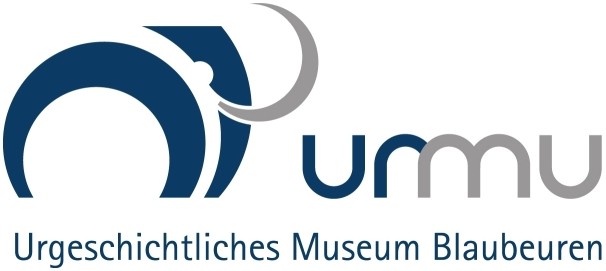
We thank the Urgeschichtlichen Museum Blaubeuren (URMU) for providing access to mobile artefacts of the Swabian Jura, in particular those of Hohle Fels (hfc), Geissenklösterle (gkl), and Vogelherd (vhc) caves.

We thank the Württemberg State Museum Stuttgart for providing access to mobile artefacts of the Swabian Jura, in particular those of Geissenklösterle (gkl) cave.
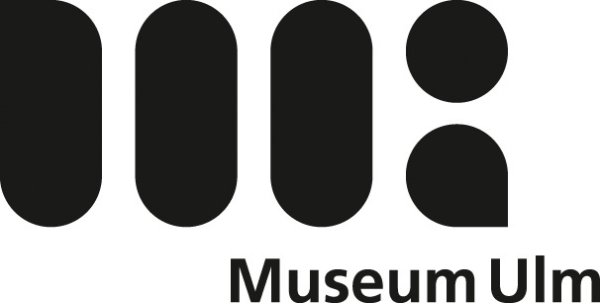
We thank the Museum Ulm for providing access to mobile artefacts of the Swabian Jura, in particular those of Hohlenstein-Stadel (hss) and Bockstein (bst) caves.

We thank the Musée national de Préhistoire in Les Eyzies for providing access to the personal ornaments of the Saint-Germain-la-Rivière burial (sgr). Thanks in particular to Catherine Cretin for hosting us.
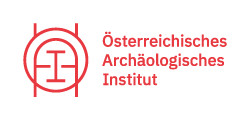
We thank the Österreichisches Archäologisches Institut (ÖAI) in Vienna for providing access to the collection of mobile artefacts from Krems-Wachtberg (krw). Thanks in particular to Marc Händel for hosting us.
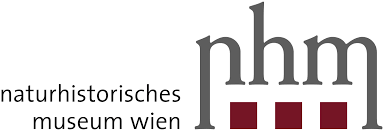
We thank the Naturhistorisches Museum Wien (NHMW) for providing access to the collection of mobile artefacts mainly from Willendorf (wil, wie), Gudenushöhle (gud), and others. Thanks in particular to Caroline Posch for her support.
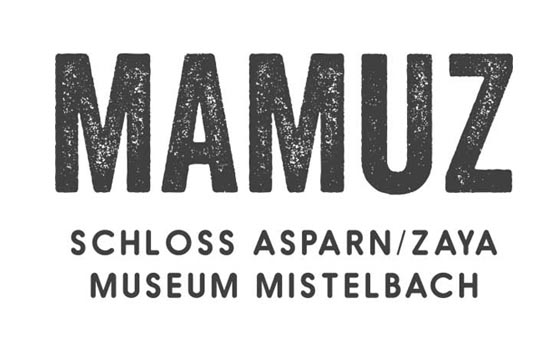
We thank the Mamuz Museum in Mistelbach for providing access to the collection of mobile artefacts from the Krems-Wachtberg (krw) and Kammern-Grubgraben (kgr) excavations. Thanks in particular to Barbara Schuller and Thomas Einwögerer for their support.

We thank the Archäologische Staatssammlung München (ASM) for providing access to the collection of artefacts from the Weinberghöhlen Mauern (wei), Obere Klause (okl), and the Mittlere Klause (mkl). Thanks in particular to Heiner Schwarzberg for his support.
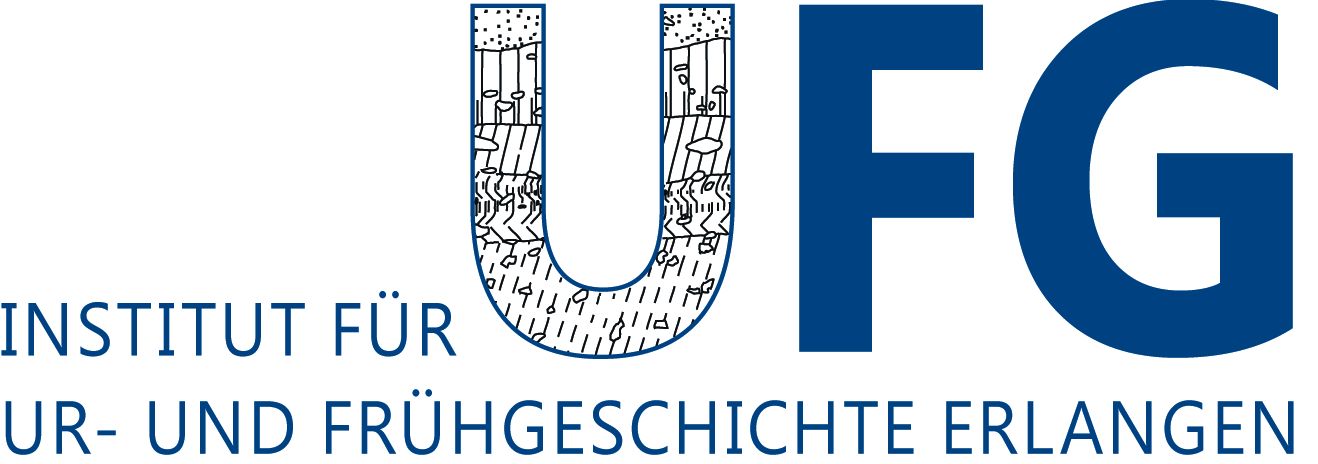
Thanks to the Institut für Ur- und Frühgeschichte, FAU Erlangen-Nürnberg for providing access to some artefacts mainly from Laugerie-Haute (lah) and Longueroche (lon). Thanks in particular to Thorsten Uthmeier for his support.